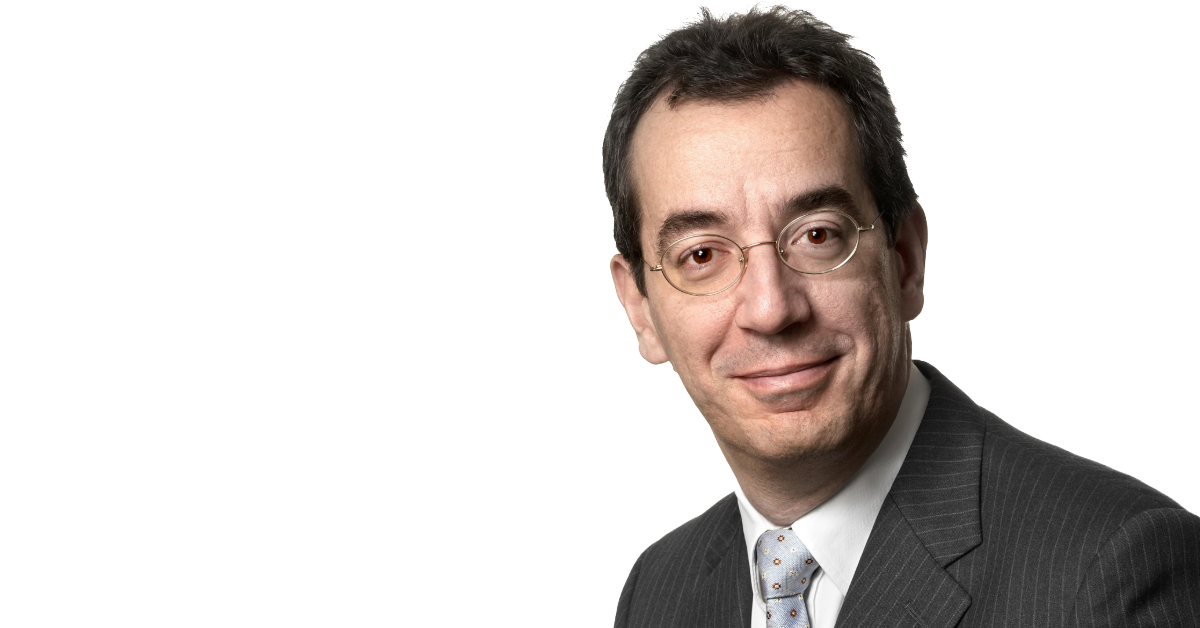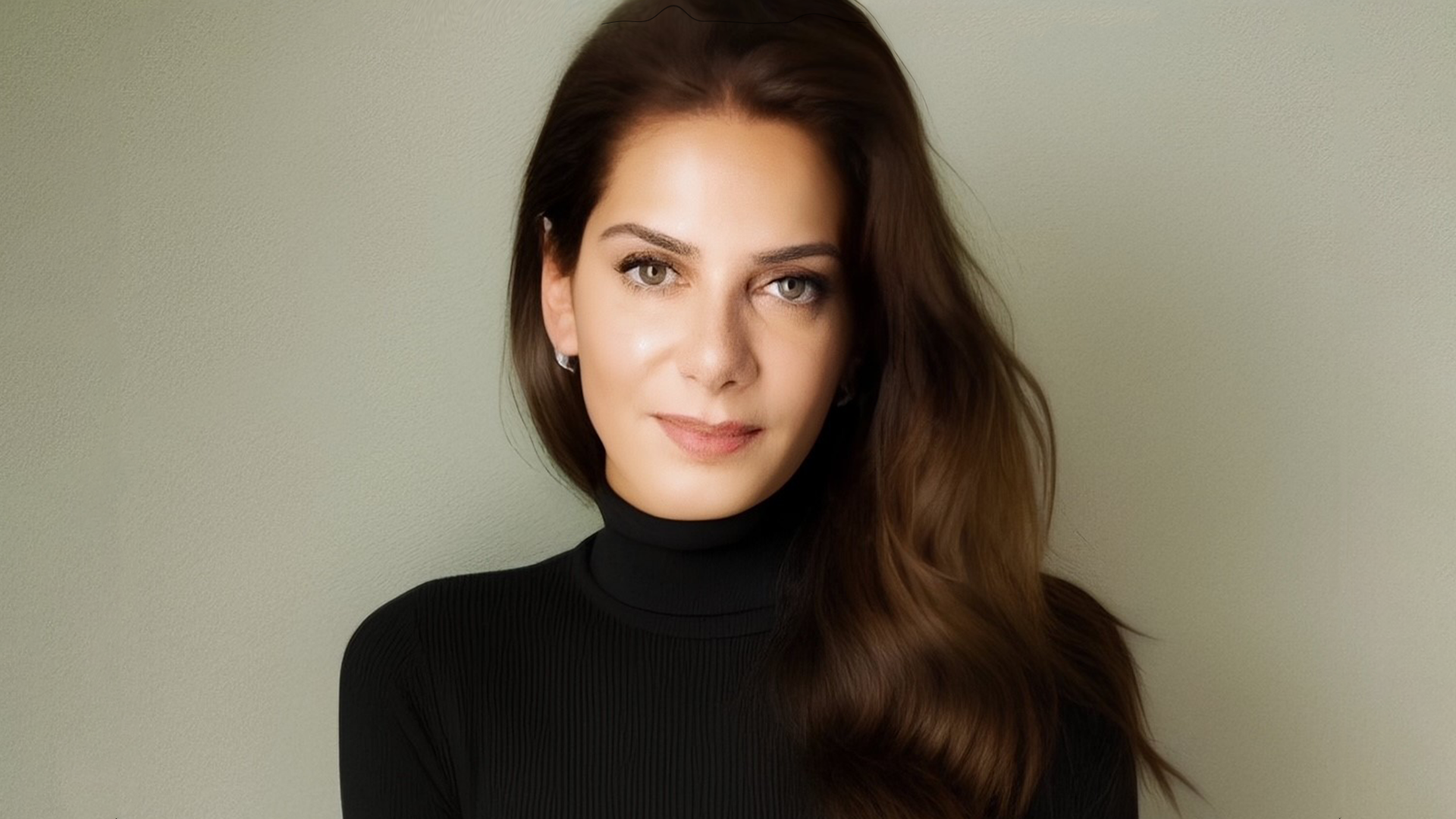How one entrepreneur is building a a successful luxury brand in the challenging skincare sector
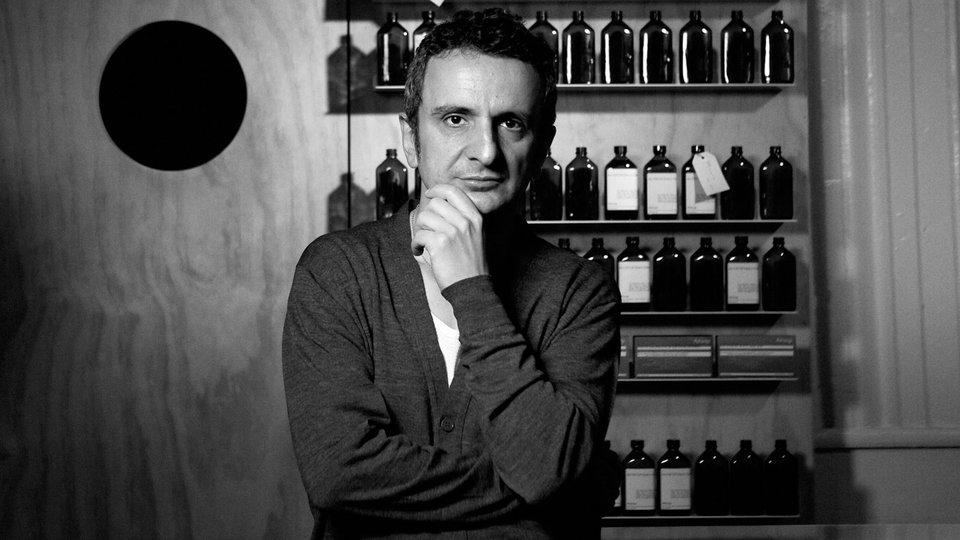
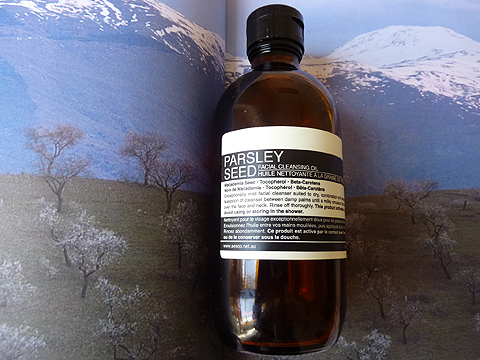
The Aesop brand radiates a kind of simplicity and honesty, which feels particularly relevant to the prevailing definitions of luxury. They are values which seem consistent with Paphitis’ personal memory of his most arresting encounter with ‘luxury’ aged eighteen, when, during a trip to Rome, he had his first decadent taste of fresh buffalo mozzarella. Since then he has been struck by the Italian capacity for celebrating luxury in the everyday. “Simplicity, integrity and authenticity” he says, “these are the attributes that a luxury product must have at its core and I’m hard pressed to think of an Italian meal that doesn’t integrate these qualities. The substance really does matter; I’m less interested in the peripheral areas of branding and marketing.”
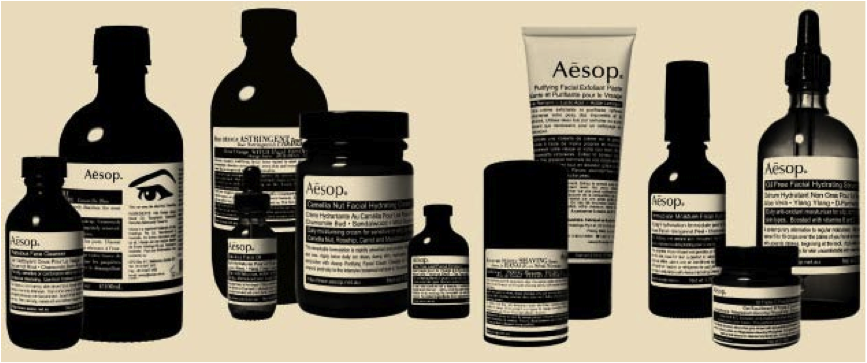
The ‘substance’ in this instance would be the products, on which Aesop have a team of five scientists working at the laboratory in their head office, both developing new products and evolving those already in existence. As well as effective product, design is also central to the Aesop brand – each store is unique and sensitive to its geographic context with frequently outstanding visual merchandising and a notable attention to detail that allows the brand to avoid any sense of ‘big-brand’ aesthetic mediocrity. According to Paphitis this dynamism continues behind the scenes as well as on the shop floor, with new projects and launches constantly underway, and employees encouraged to lead rich and stimulating lives beyond the workspace.
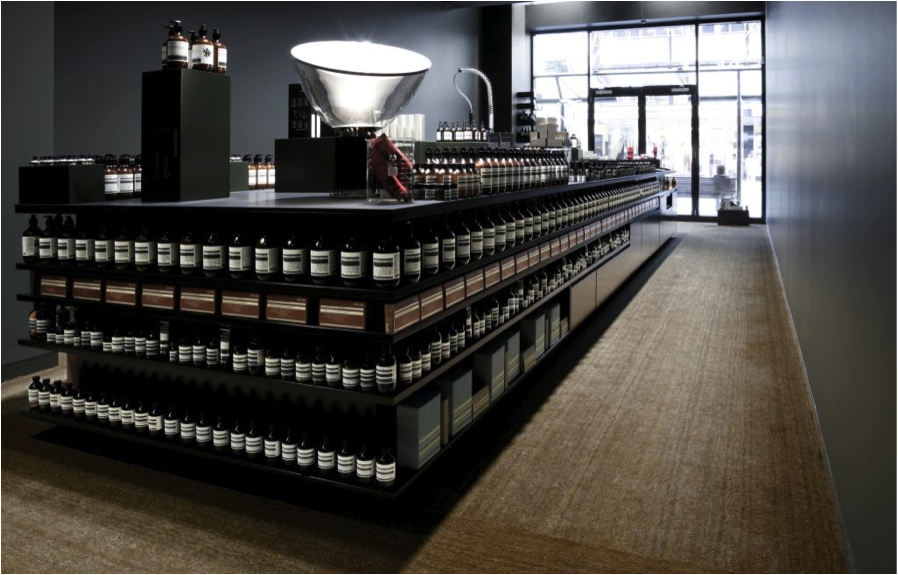
Paphitis believes that the skincare category is one characterised by stability for those brands who manage to deliver on their promises. “For many women the cost of transfer of a moisturiser is too great a risk, there has to be a compelling reason to take up a new brand. There is much noise around innovation yet a well-formulated product stands the test of time and doesn’t need to be reinvented each season.”
Despite their highly effective branding and merchandising, Paphitis believes that an excellent product has to be at the heart of any successful luxury business: “A luxury tagline without delivering the goods has no value.” He laments the declining quality in the finish on garments in the fashion industry over the last twenty years as manufacturing has been outsourced to developing markets which he feels sometimes lack the necessary expertise in specific areas. “I think there needs to be more emphasis on making the best possible product with the best possible ingredients and components and less noise around lunches and launches. Make it well and they will find their way to you.”








